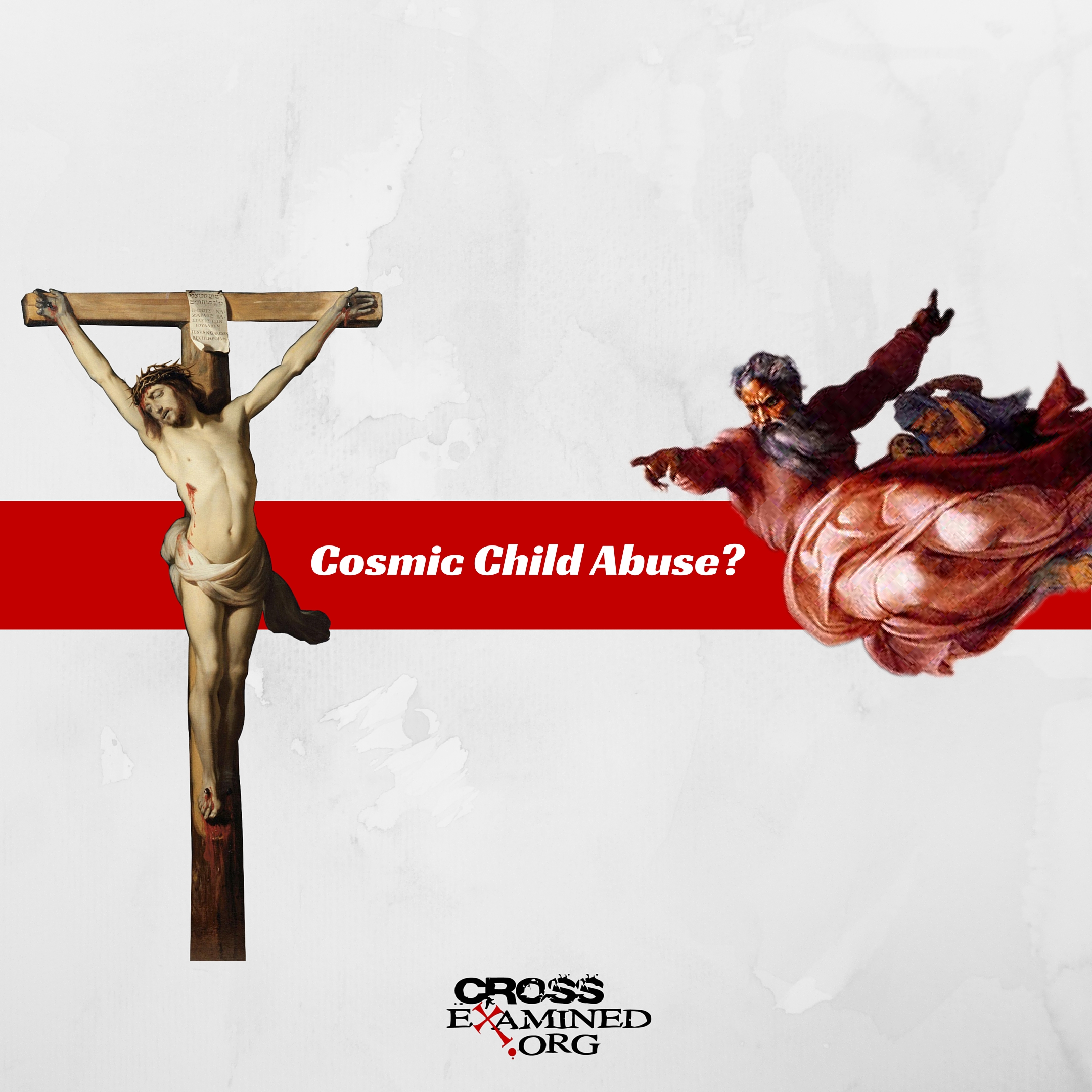In my last article, I made the case that evolution cannot account for human rationality unless it could explain genuine free will. In the Freethinking Argument Against Naturalism, I argued that free will cannot be explained if naturalism is true. It follows that naturalistic evolution cannot account for the ability humans possess to rationally affirm knowledge claims.
My Freethinking Argument stands strong on its own, but Alvin Plantinga has made a separate case supporting my argument. He argues that if evolution is true, then naturalism is probably false. To be clear, Plantinga is not making a case against evolution; rather, he argues that naturalism and evolution are most likely incompatible. This argument is called the Evolutionary Argument Against Naturalism(EAAN).[1]
I will not offer the EAAN in its entirely (Plantinga summarizes it here), but one of the key ideas behind this argument is that evolution is not guaranteed to select for truth. Natural selection is a cause of evolution. Organisms that are best able to survive and reproduce are selected for, however, true beliefs do not necessarily increase the likelihood of survival. If it could be demonstrated that (at least sometimes) false beliefs can enhance survivability, then we have good reason to believe that naturalistic evolution cannot guarantee that our thoughts correspond with reality. Darwin himself seemed to have lost sleep over this idea:
With me the horrid doubt always arises whether the convictions of man’s mind, which has always been developed from the mind of lower animals, are of any value or at all trustworthy… Would any one trust in the convictions of a monkey’s mind, if there are any convictions in such a mind?[2]
Darwin may have realized the problem of combining naturalism with evolutionary theory; that is to say, if evolution is a non-teleological and a non-rational process, it challenges our confidence that we can form true beliefs that lead to rational conclusions. Naturalistic evolution (as opposed to some form of theistic evolution) presupposes that our cognitive faculties developed as they did because it had some survival value or reproductive advantage. The theory of evolution affirms that natural selection does not select for beliefs unless they benefit the chances of survival and/or reproduction. Beliefs only have to lead to a survival advantage even if they are completely false.
The biologist and atheist, Lewis Wolpert, confirmed Plantinga’s case, albeit inadvertently, in a debate with William Lane Craig. In his first speech, he affirmed that although he believes theism is false, he acknowledges there are evolutionary advantages and survival benefits to those holding theistic beliefs.[3] It follows from this admission that evolution selects for survival, not for true beliefs (since he assumes theism is false). Consequently, why should Wolpert trust his evolved belief that theism is false? He is reasoning in circles.
Mormonism is a good example of false beliefs contributing to the survival and reproductive benefits. After all, Mormonism teaches morality and human flourishing as well as having as many children as possible to populate future planets that they will rule.[4] Those holding the belief that Mormonism is true also believe they have a moral responsibility to reproduce.
Consider the other side of the coin: a belief in atheism could actually hinder human survival (even if atheism were true — which it is not). If one believes atheistic naturalism is true, then one ought to logically reach the conclusion that life is objectively meaningless.[5] There would be no foundation for objective meaning, value, or purpose in life if God and soul do not exist. What’s the point of surviving? Moreover, there would be no objective grounding for moral values and duties.[6] If nothing really matters, then human flourishing and survival do not really matter either. Therefore, atheistic beliefs do not logically lead to survival benefits.
Many atheists want to reject the idea that evolution does not select for true beliefs but then they turn around and affirm Plantinga’s key premise when objecting to the Moral Argument for God’s existence. They will exclaim that objective moral values and duties do not really exist, but humans have evolved to hold this false belief to survive and flourish.
There are two major problems here. First, if the atheist agrees with Plantinga — that evolution is aimed at survival and not truth — then how does he know his beliefs about anything are true, including his evolved belief that God does not exist? Second, it does not logically follow from this that God does not exist or that objective moral values and duties do not exist. After all, God could have intelligently designed the initial conditions of the big bang to guarantee that our comprehension of objective moral values and duties would be realized via evolution. I am not arguing that this is how God “wrote the law on our hearts” (Romans 2:15), but simply stating that this would not be a problem for an omniscient and omnipotent God.
In conclusion, let me be clear: my Freethinking Argument Against Naturalism stands on its own two feet, even if Plantinga’s argument fails. With that said, if the EAAN passes (and I think it does), it adds strength to the Freethinking Argument as it reaches similar conclusions for different reasons. As Plantinga has noted, “[Evolution] doesn’t give a hoot about whether your beliefs are true or false!”[7] If this is true, then we cannot know our beliefs are true. All we are left with is question-begging assumptions that our evolved and causally determined beliefs correspond with reality. Therefore, naturalistic evolution fails to explain free will, rationality, and knowledge.
Notes
[1] Alvin Plantinga, Where the Conflict Really Lies, Oxford University Press, New York, NY, 2011
[2] Charles Darwin to W. Graham, July 3, 1881, in The Life and Letters of Charles Darwin, ed. Francis Darwin (1897; repr., Boston: Elibron, 2005)
[3] Wolpert, Lewis, in a debate with William Lane Craig, http://youtu.be/kzhczra3o4o
[4] “We will become gods and have jurisdiction over worlds, and these worlds will be peopled by our own offspring.” Joseph Fielding Smith, Doctrines of Salvation 2:48, quoted in Achieving a Celestial Marriage Student Manual, 1976, p.132)
[5] William Lane Craig, Reasonable Faith, Page 72
[6] William Lane Craig, “On Guard,” (David C. Cook, Colorado Springs, CO 2008) Pg. 127
[7] Alvin Plantinga discussing the EAAN on “Closer to the Truth” http://youtu.be/xpw9UsdbvW8
Original Blog Source: http://bit.ly/2N50feu

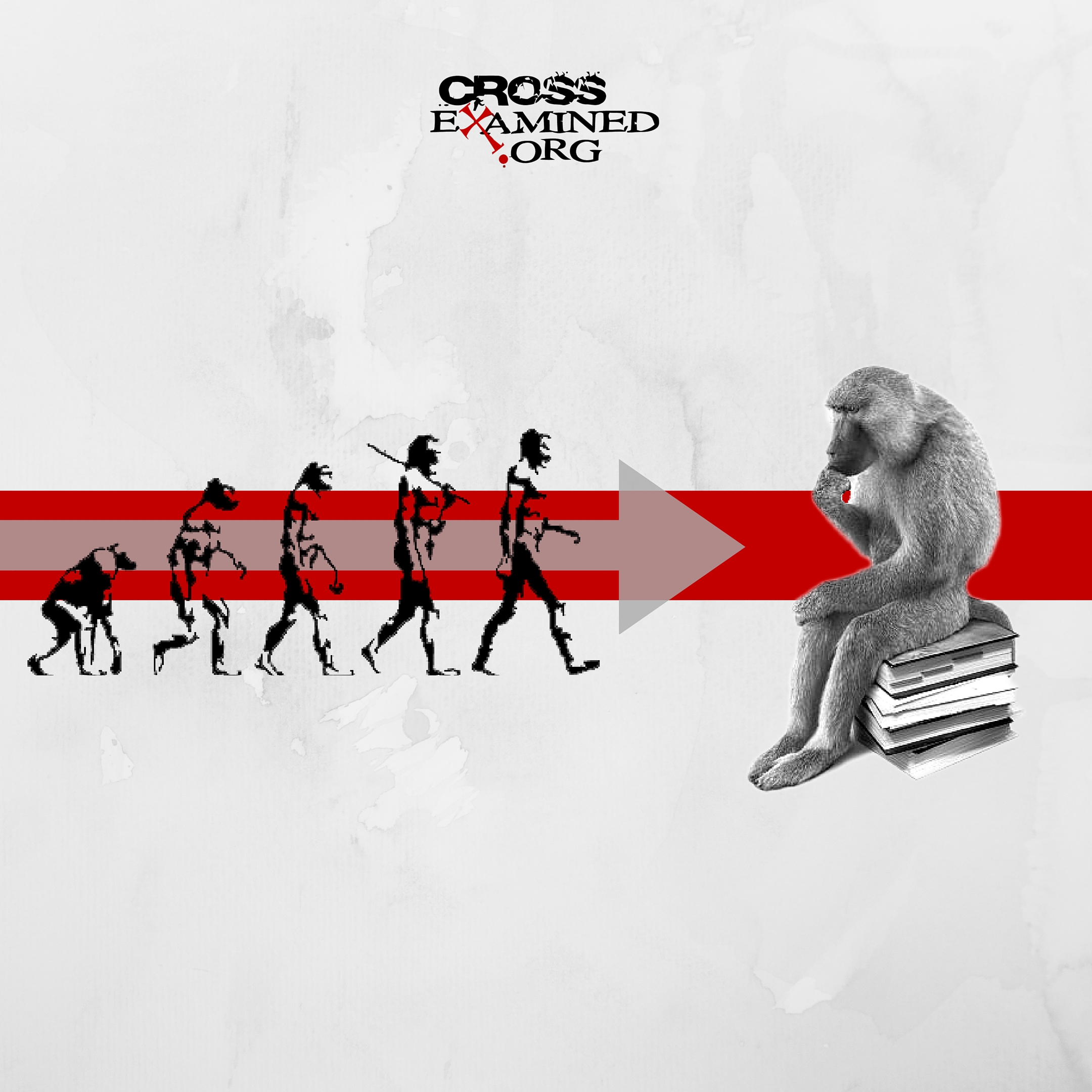

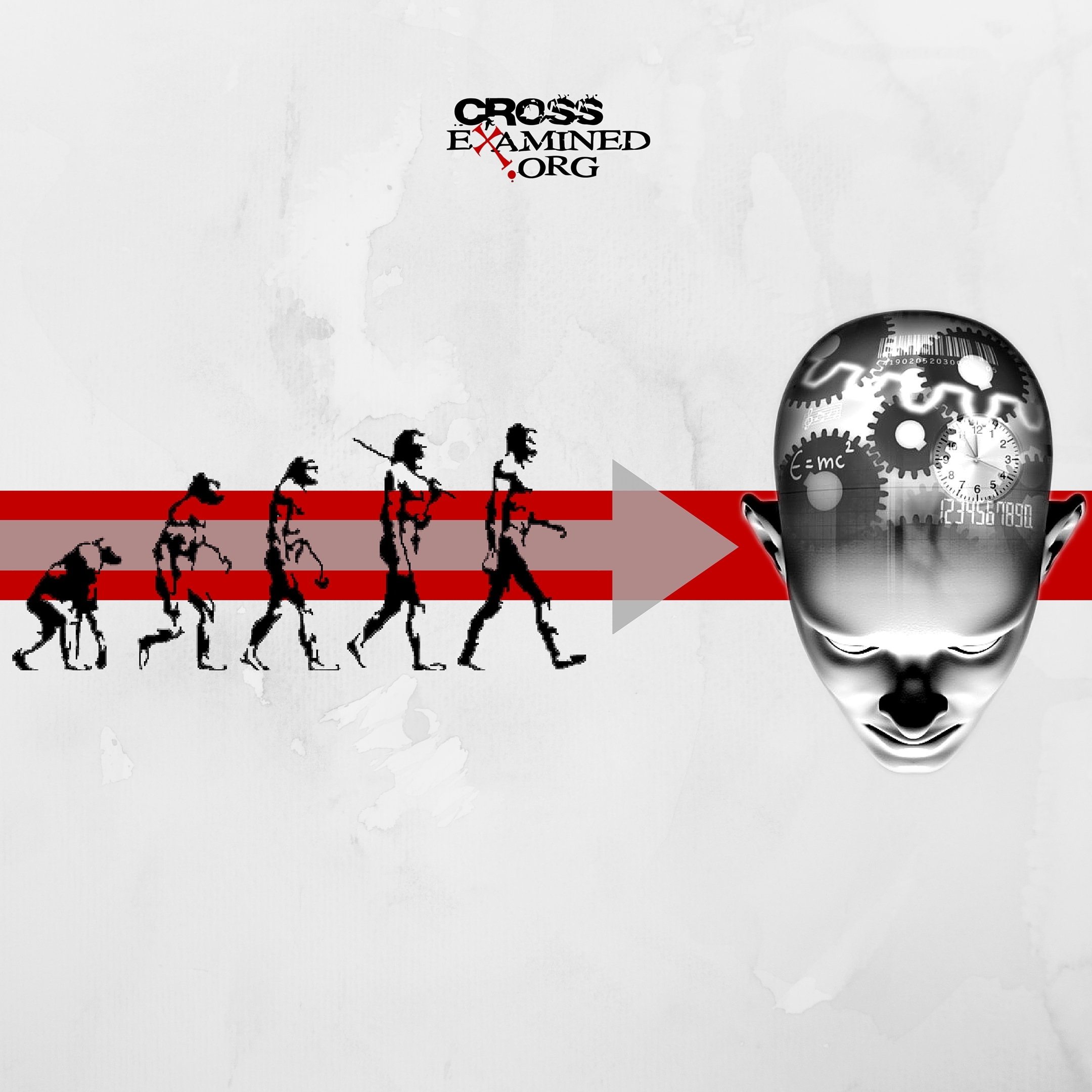

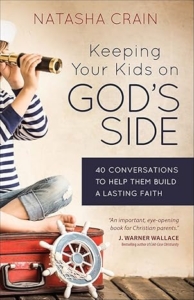
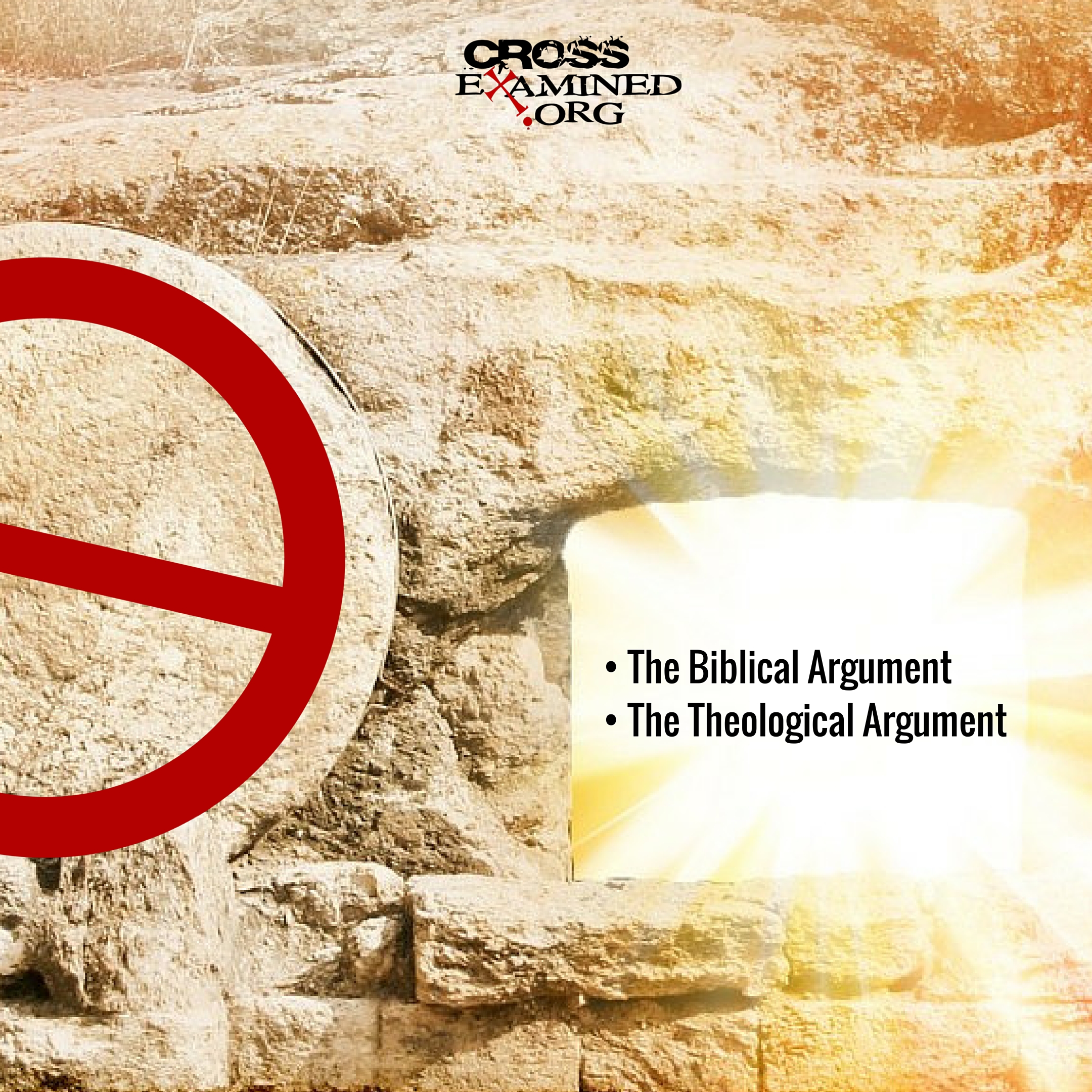

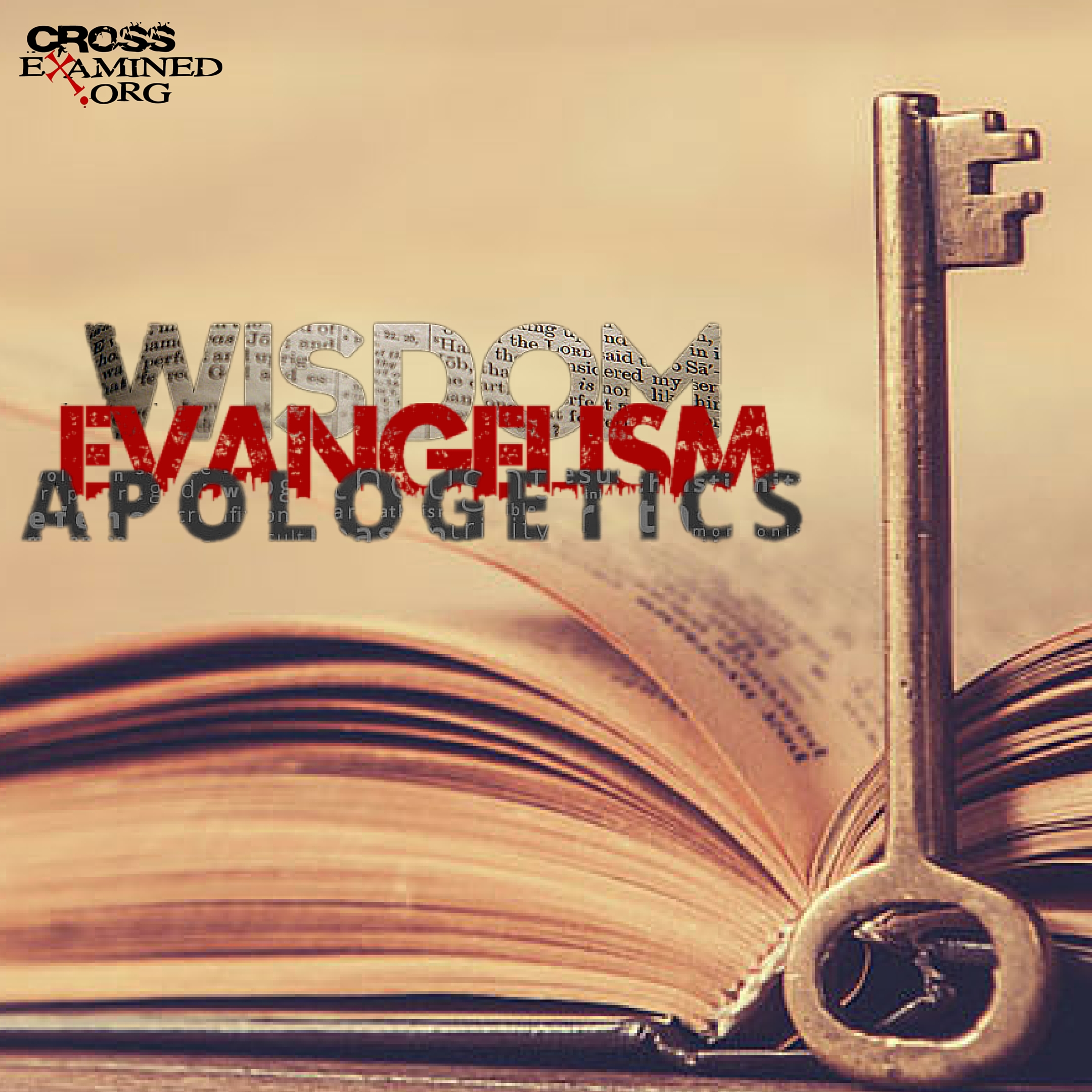
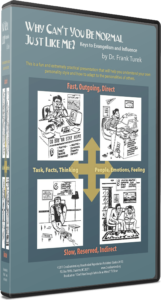 KEYS TO EVANGELISM AND INFLUENCE.
KEYS TO EVANGELISM AND INFLUENCE.  UPWARD, INWARD, OUTWARD.
UPWARD, INWARD, OUTWARD. 


